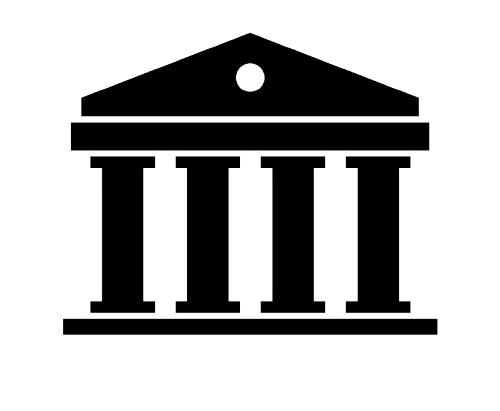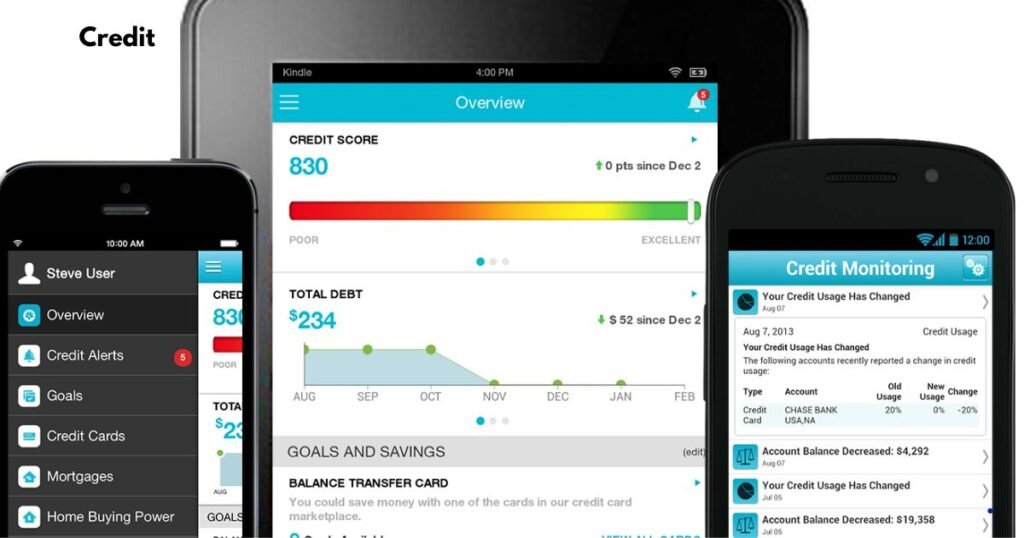Credit monitoring is an essential tool for protecting your financial health, yet many people overlook its true potential. With the rise of identity theft and financial fraud, understanding how credit monitoring works can save you not just time and stress but thousands of dollars. Here are seven crucial secrets you need to know about credit monitoring arrangements to secure your financial future.
1. Credit Monitoring Alerts You to Suspicious Activity Immediately
One of the main benefits of credit monitoring is real-time alerts about unusual activity on your credit report. If someone tries to open a fraudulent account in your name, you’ll be notified instantly, giving you a chance to take action before damage is done.
2. Not All Credit Monitoring Services Are Equal
Credit monitoring services vary widely in features and coverage. Some only track changes with one credit bureau, while others monitor all three major bureaus—Experian, Equifax, and TransUnion. Choosing a comprehensive service ensures you’re fully protected from potential gaps in monitoring.
3. You Can Access Free Credit Monitoring Options
While many premium services charge monthly fees, some credit monitoring options are available for free. Banks, credit card issuers, and apps like Credit Karma often offer free credit alerts and report updates. These can provide basic coverage without extra cost.
4. It Won’t Prevent Identity Theft, But It Can Minimize Damage
Credit monitoring won’t stop identity theft from happening. However, it acts as an early warning system, enabling you to respond quickly to minimize damage. Pairing credit monitoring with tools like identity theft insurance can enhance your overall protection.
5. Regular Monitoring Helps Improve Your Credit Score
By keeping a close eye on your credit reports, you can identify inaccuracies or outdated information that might be harming your score. Disputing these errors can lead to improvements in your creditworthiness, potentially saving you thousands on loans and interest rates.
6. Fraudulent Activities Can Go Unnoticed Without Monitoring
Without credit monitoring, you might not discover unauthorized accounts, hard inquiries, or other fraudulent activities until it’s too late. By the time these issues appear in your financial dealings, the damage might already be significant.
7. Credit Monitoring Is Tax-Deductible in Some Cases
If you’ve been a victim of identity theft, certain expenses related to credit monitoring may qualify as a tax deduction. Check with a tax professional to see if you can save even more by reducing your taxable income.
Conclusion
Credit monitoring isn’t just about tracking your credit—it’s about gaining peace of mind, preventing financial losses, and staying one step ahead of fraudsters. By understanding these seven secrets, you can make smarter decisions about protecting your credit and saving thousands in the long run.
Whether you choose a free or paid service, the key is to take action now to safeguard your financial future.
For more information visit Credit monitoring



Pingback: GomyFinance.com Credit Score Exposed: 7 Shocking Truths You